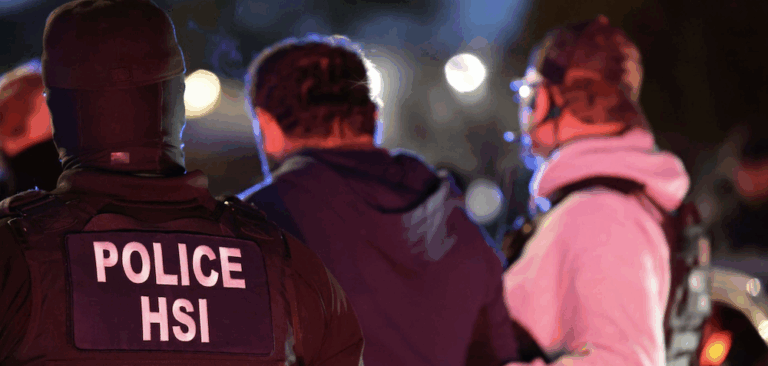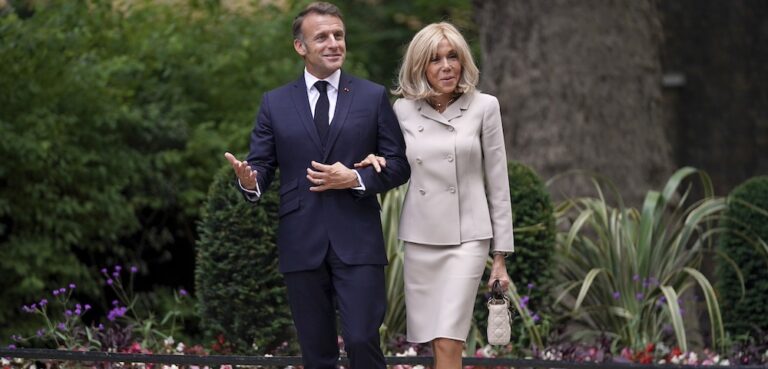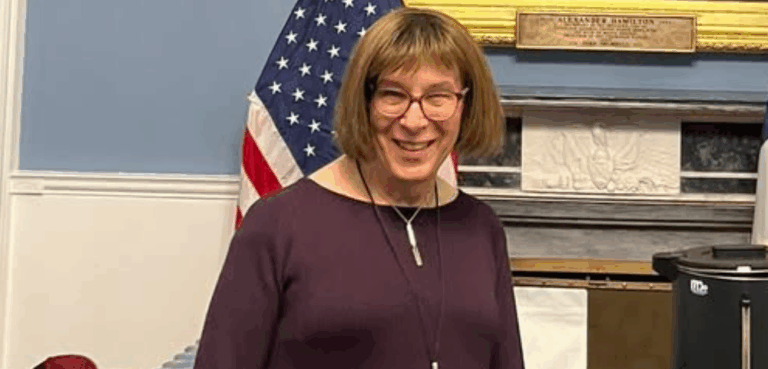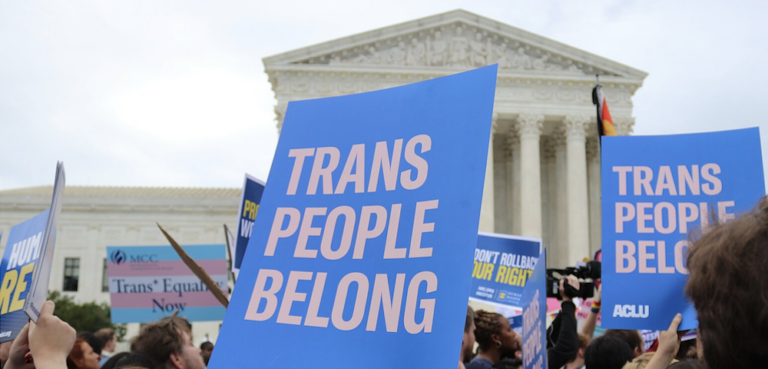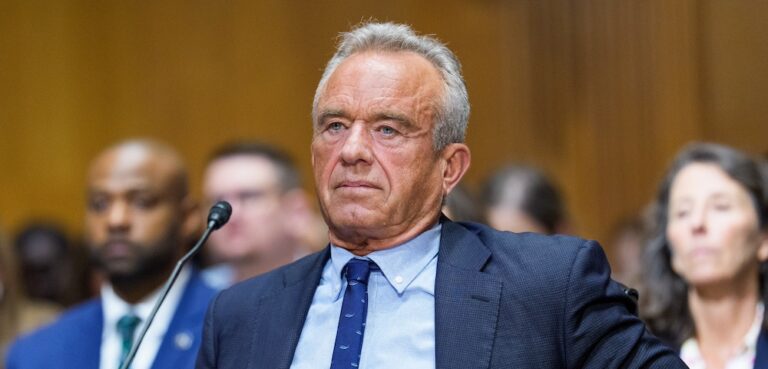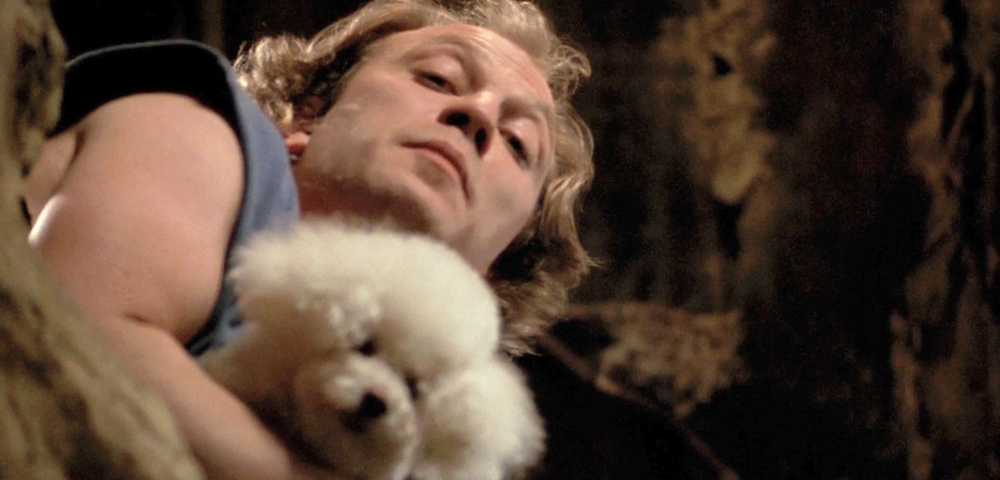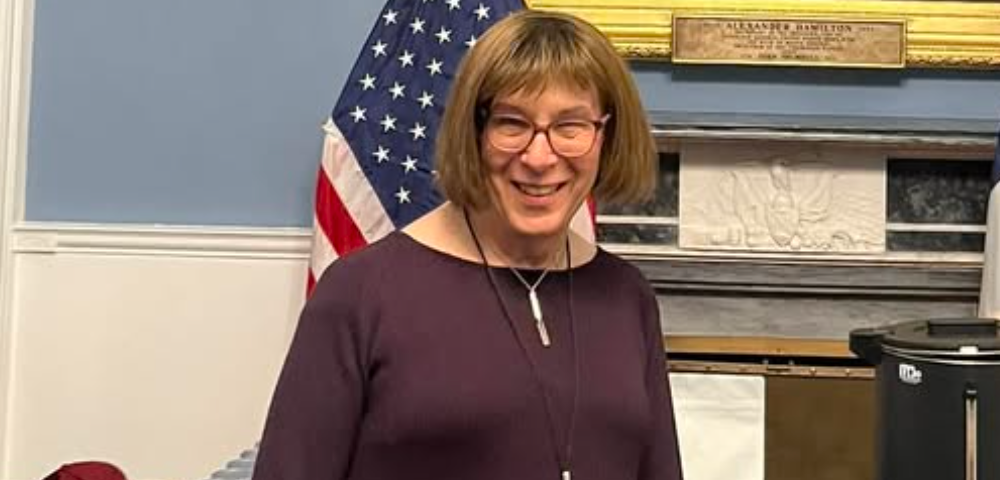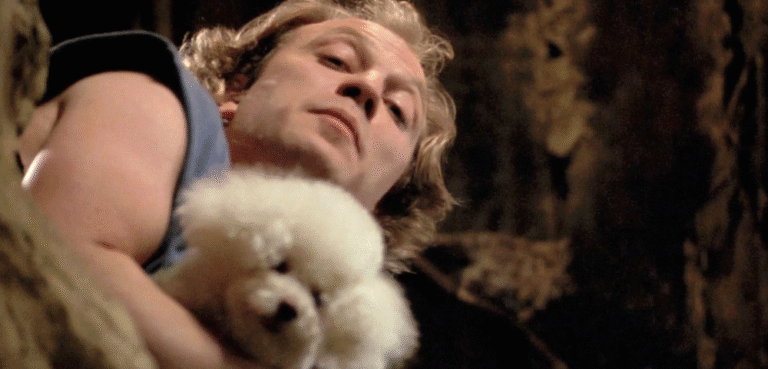
Uganda Recognises Its First Transgender Citizen, Cleopatra Kambugu
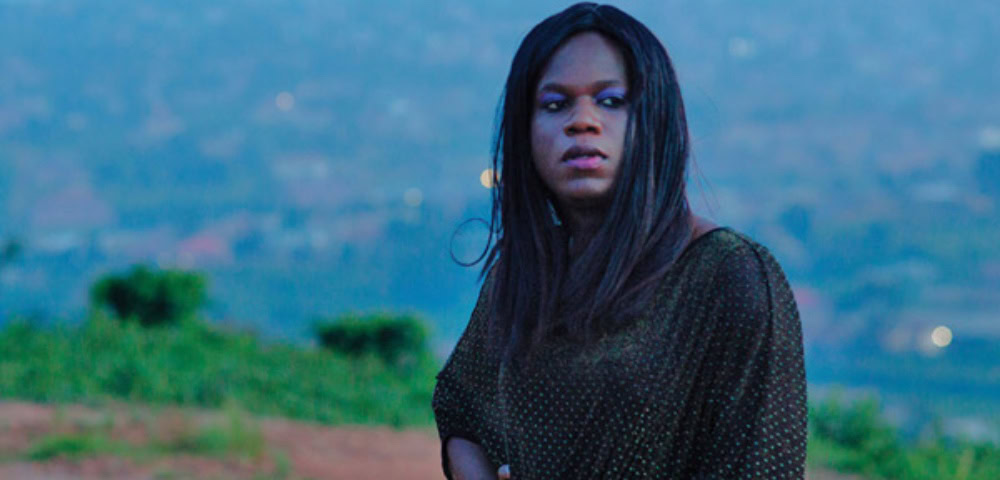
Cleopatra Kambugu, a Ugandan activist who advocates for sexual and gender minorities, has made history as the first transgender person in Uganda to have their new gender recognised by the government.
Kambugu has received her new passport and government-issued photo ID card, which identifies her as female. The process of getting official ID recognising her as female was a “difficult” and “intrusive” process, and is a milestone for the African nation, where the LGBTQIA community is heavily maligned and marginalised.
“Everything my country does is surprising. Even now, I don’t know what’s going to happen,” said Kambugu.
Kambugu Shares Her Win on Instagram
Kambugu celebrated the milestone, posting on Instagram, “Today it is monumental that my country chose to register me as a woman recognising me as a transgender woman not some deluded ‘boy’. My prayer is two fold, that this win will be a win for other trans Ugandans and that one day it should not be special for a trans person to be recognized by her country. I made it, we made it.”
Kambugu, 35, is the Director of Programmes for Uhai Eashri, “Africa’s first indigenous activist fund supporting the human rights of sex workers and sexual and gender minorities,” which operates across seven African nations.
Kambugu, speaking on the phone with the Star Observer from her home in Kampala, said the offical recognition of her gender is important because the transgender community in Uganda does not have equal access to many aspects of day-to-day life, including health care, travel and education.
While her personal battle for gender recognition has been won, the fight continues for the wider transgender community. The government “doesn’t recognize us; we do not exist,” Kambugu says. “There is still a lot of work that needs to be done.”
Gender Recognition Makes life Easier
The recognition of her gender now allows for greater freedom, particularly when travelling, an important benefit in a nation where border crossings between Uganda and neighbouring countries can be frequent for work and trade. “Why does someone have to fight to have an ID,” asked Kambugu? “Why does something have to be a piece of plastic to show what your gender is?”
Before Kambugu’s gender was legally recognised, travel could be fraught with uncertainty and discriminatory behaviour, and she was sometimes required to undress in front of border guards before being given right of entry. “It has implications on my security, how I walk,” she said.
According to Kambugu there is a common misconception around the transgender community amongst Ugandans. “Being trans is an issue of gender, not an issue of sexuality. It’s not who you sleep with, it’s who you walk as in this world.”
“Can we not speak about human bodies as though they only appear in two kinds of ways? I want to push for a conversation where who you are is a matter of who you say you are, not what someone tells you, you are,” said Kambugu.
A Life of Activism
The constant labelling of being transgender as opposed to simply being a human has taken an emotional toll. “When you constantly have to push for life to allow you the space, you get tired of fighting…why don’t you just give me space? Why do I have to spend so much money and time and fear in being able to have an ID?”
“I hope to live in a world where my transness is just another thing as being tall or short, or the length of my hair length,” said Kambugu in an Instagram post.
“I’m 35, I’m tired, I want to get married…I’ve put my life out there, I’ve committed myself…this might be one of the last things I do for the movement…I don’t want everything I get to, end up being something politicised,” said Kambugu.
Kambugu has been fighting for visibility and equality for the transgender community in Uganda for years. “I’ve never been a hidden person even before this. People know on all my social media that I am trans and I am very outspoken about all issues, including LGBTQIA issues,” said Kambugu. She looks forward to a time when otherwise unremarkable events, such as getting government issued ID, isn’t “reportable.”
Kambugu, whose activism inspired a documentary,The Pearl of Africa, exploring her ten-year long transition and work as an LGBTQIA activist in Uganda, added, “I’ll be happy when my win has multiplied. As of now it’s just my win….If this ends up being policy that’s what will make me happy.”
For 24 hour crisis support and suicide prevention call Lifeline on 13 11 14
For Australia-wide LGBTQI peer support call QLife on 1800 184 527 or webchat.
